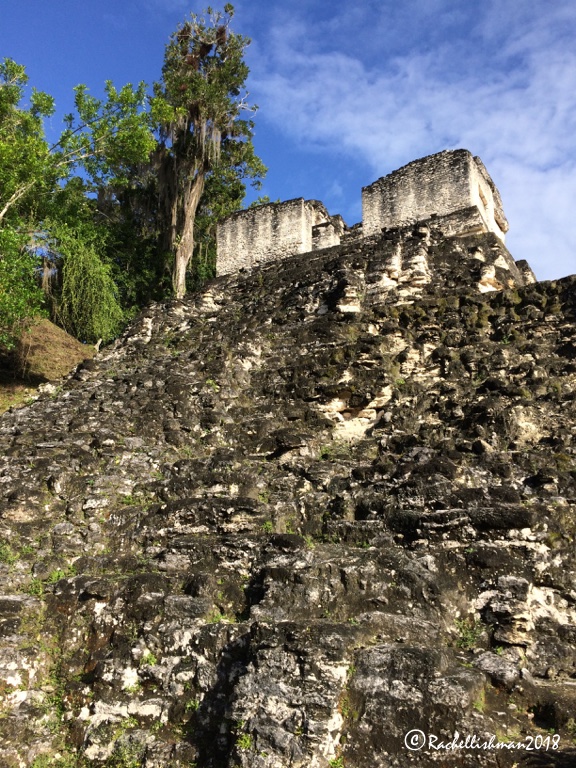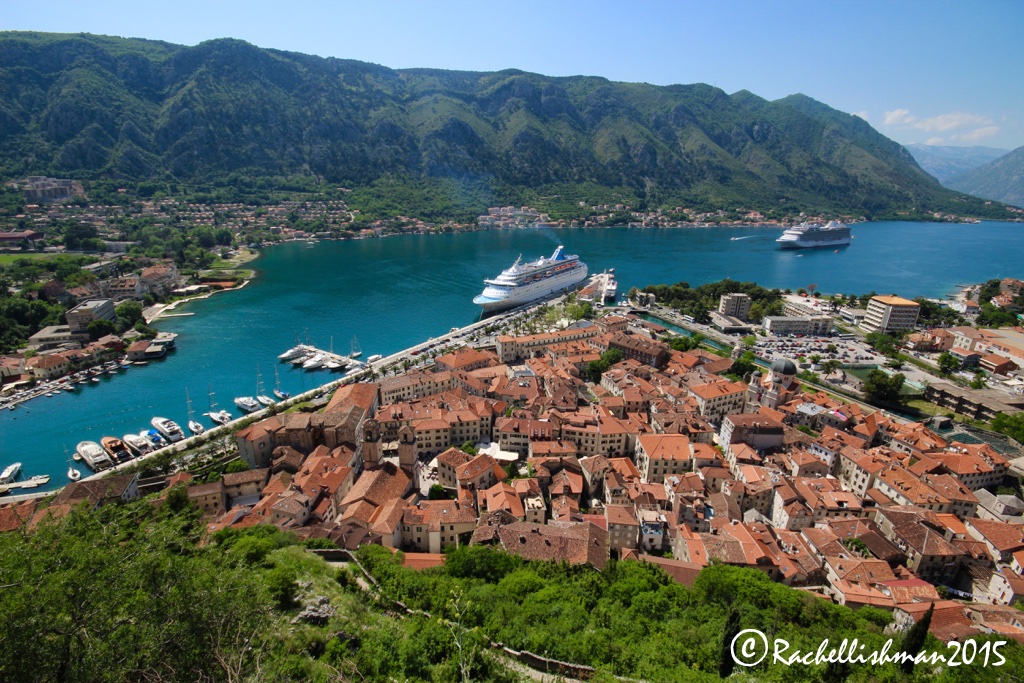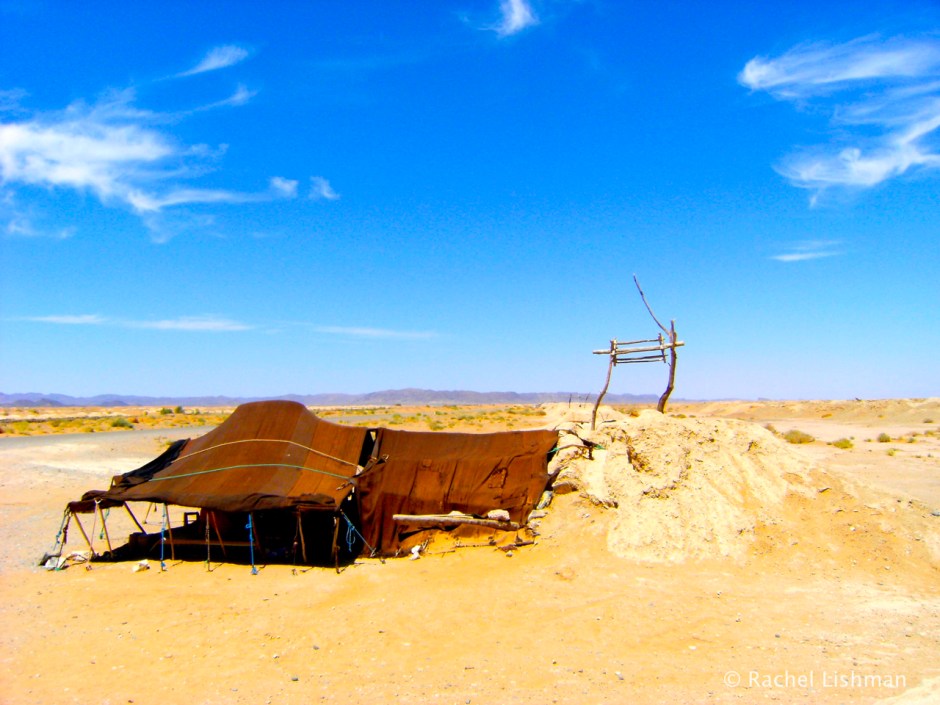When I first started travelling I gave little thought to whether I was following everyone else or not.
I went somewhere simply because it was interesting to me. Sometimes, that would be because I’d read, heard or learnt about it, but on other occasions, it was just a new place to explore. Somewhere I’d never set foot before.
In more recent years and especially since starting this blog, I’ve thought more about why I choose a certain destination. However there’s still a basic curiosity that surrounds most of my journeys. A weekend in Lisbon with a friend? Yep, I bet there’s lots to see. A few weeks in Italy? Of course, because the idea of Ancient Rome fascinates me and I love food. Several months in Central America to practice Spanish and delve deeper into ancient and contemporary cultures I know very little about? Sign me up.

However as the years go by I meet more travellers who, in addition to their backpacks, carry an air of desperation with them. They fill hostel common areas with comments like: “Urgh, I just really want to escape the beaten track”; and even worse “Oh you went there did you? I’ve been told it’s full of tourists”.
If this mentality existed ten years ago, then I certainly wasn’t party to it. Has the advent of the ‘perfect digital nomad lifestyle’ on social media also brought with it an ever-increasing need to stand out from the travel crowd?
So, where is this beaten track?
A harsh reality of world travel in 2018 is that places that are worth experiencing will draw many people. Anywhere that’s been mentioned in guide books, appears in the media or is a known map pin is at high risk of being on the beaten track.
The upside to this (particularly in developing countries) is that the local economy will, or at least should be, driven by these destinations. Responsible tourism will feed back into better infrastructure and more opportunities for local business, employment and, in an ideal world, education and healthcare. So while I’m all for limiting visitor numbers in areas where mass tourism can easily damage conservation efforts, I also understand that there are many benefits to somewhere suddenly appearing on the backpacker’s bucket list.

I’ve persevered with queues to enter Pompeii, I’ve struggled to get photos of Angkor Wat at dawn without the crowds and I’ve paid top dollar to sip a cocktail in many a fancy rooftop bar. And you know what? All these experiences have been fantastic. If anything, the volume of people wanting to see them and the inflated entry charges I’ve paid to be part of it have been totally worth it.
The problem then with the the beaten track, is that it becomes beaten for good reason.
How do we get off the beaten track?
This is a relatively easy one: From what I’ve gathered from the experts whom I’ve met in hostels across the globe, leaving the beaten track simply involves visiting a place where no one else wants to go. If you’ve read about it before you leave home, don’t bother. If it’s somewhere that’s ever been on the news then forget it. And if by chance it has been lucky enough to make its way into the pages of the Lonely Planet, run the other way!

Naturally, in the times in which we live, this rule really limits your list of possible destinations. As someone who has only ever found myself really off the beaten track by happy accident, I can only assume that a purposeful off-beat itinerary becomes a zig-zag through remote communities without internet connection (do they still exist?). Perhaps their names have been overheard on a bus journey, planted in urban myth or simply found when zooming in way too far on Google Maps.
Despite my cynicism, I agree that these places can offer up one hell of an authentic experience. What I don’t understand is the belief that you have to chose one route or the other. If variety really is the spice of life, then why not alternate our experiences. Visit the magazine centrefolds and Instagram-worthy villages that are on no one’s radar.
When we do get off the beaten track, what are the advantages?
I had just as much fun working in a Dubbo abattoir and teaching English in deepest darkest Extremadura as I did taking in the view from the top of the Empire State building after queueing for hours to get in.
Although admittedly, going off-grid does have some added advantages. Often, the sheer satisfaction I get in making it to a remote location is enough. The bus rides are long, the route complicated and the result unknown. Once I do arrive, accomodation and food is usually cheaper. The locals may seem friendlier because they’ve had less exposure to us pesky traveller types. In my experience, there are also more opportunities to find work, take part in local traditions and learn the language.
Does it really matter if we never leave the beaten track?
Sadly, the majority of people I meet who are keen to escape the beaten track, usually judge anyone who isn’t that way inclined. Their desire to leave the rest of us behind to undertake a lifetime of unique adventures away from the main roads, colonial cities and big hostels, is peppered with an air of unapologetic superiority.
In an era of enviable online nomadic lifestyles, I can’t help but think that we are all missing the point. Surely one of the joys of travel has always been to undertake our own versions of journeys that have been inspired by others? Finally arriving at that centre fold image of Petra, the Grand Canyon or Great Barrier Reef and finding out for ourselves just how incredible this world really is?
Do you go out of your way to find the road less travelled?

Great post. I’m definitely one to seek out those less travelled roads.
LikeLike
Thanks Miriam. Australia is certainly a good place to take the smaller backroads and see way they end up! I love the quite road from Canberra to Dubbo – hardly ever any other traffic heading that way 🙂
LikeLiked by 1 person
Your post resonates with my thoughts, Rachel. Why does it have to be one or the other? Loved the points you flesh out so well. xx
LikeLike
Thank you 🙂 You’ve picked up my point exactly – we should all travel the way we want to, which will always incorporate a little bit of both!
LikeLiked by 1 person
You know, sometimes people aren’t on that road because it’s not really worth seeing, or poorly maintained, or very awkward. Just sayin’.
LikeLike
Of course. There are many reasons why people choose to travel a certain way but they shouldn’t judge others who do things a different way. If they’re open minded enough to always want to go into the unknown, they should be open minded enough to accept others’ preferences!
LikeLiked by 1 person
I think you go where you want to, not because of what others say, but because it’s your dream come true.
LikeLike
I agree and I’d also add that it doesn’t necessarily have to be for a deep and meaningful reason – sometimes we simply want to see a place with our own eyes!
LikeLiked by 1 person
I wonder whether those who want to ‘get off the beaten track’ are doing so for the right reasons. If there is a genuine desire to explore hidden parts of the world, this isn’t easy (or potentially safe). Perhaps if they simply immersed themselves in the place they would get the experience that the ‘blow through’ tourists won’t get.
The sceptic in me wonders whether they want bragging rights for somewhere that their friends / family / Instagram hasn’t seen yet. Sadly, those people may never find happiness this way, and putting others down could be hiding their own insecurities.
Anyway, as usual, great writing!
LikeLike
Thanks James!
I agree with you and I think the rise of the ‘social media nomad’ definitely plays a role in people trying to seek out unknown spots to get more likes online.
Despite this, it’s more the judgement of others’ travel decisions that grates on me the most – as you say, it might just be insecurities coming to the fore but it really does make for hard conversation sometimes!
I’m all for trying to find a perspective on a place that hasn’t been seen/experienced before, however I think you’re right: linger long enough in one place and become part of a community and you will end up having a unique experience wherever you are in the world.
LikeLiked by 1 person